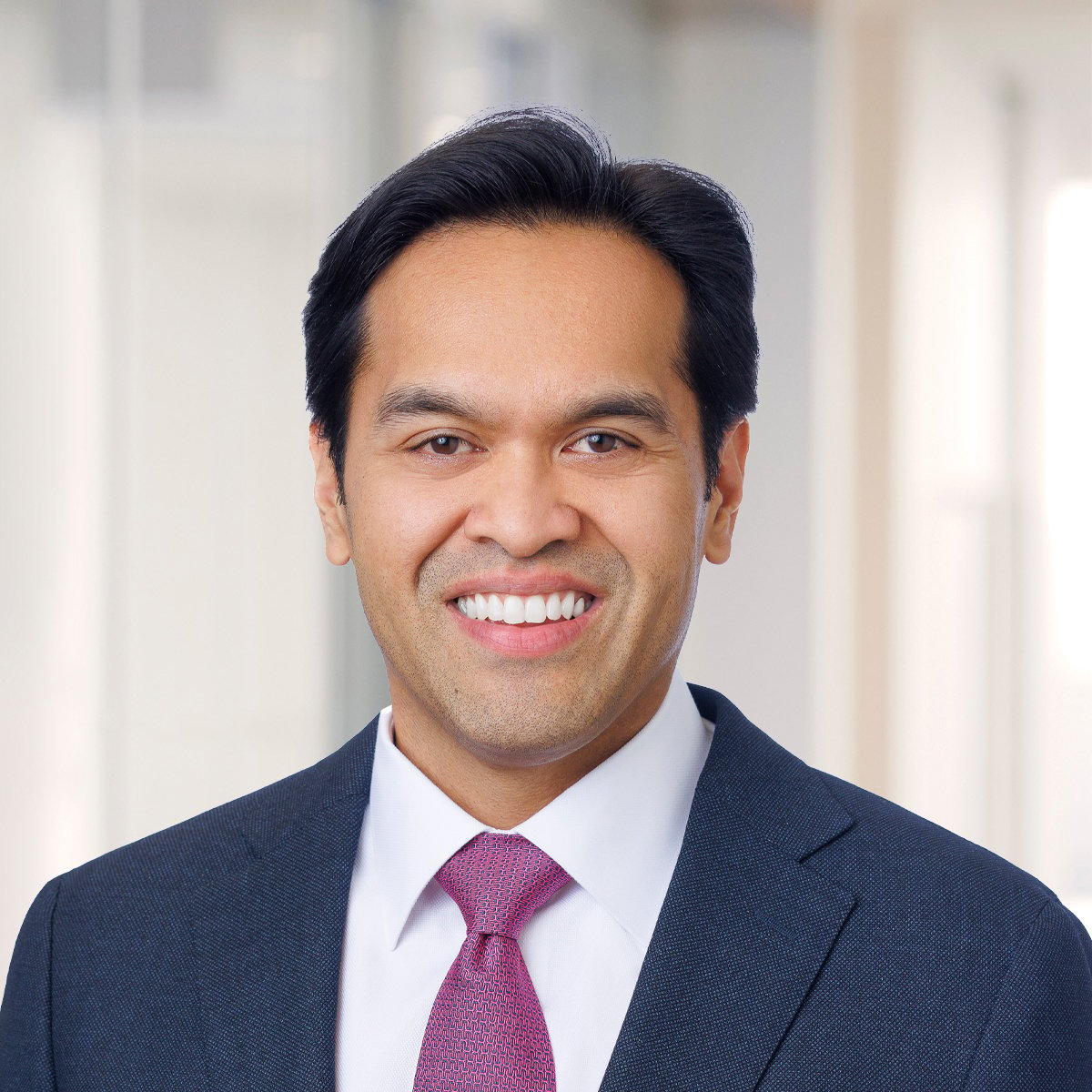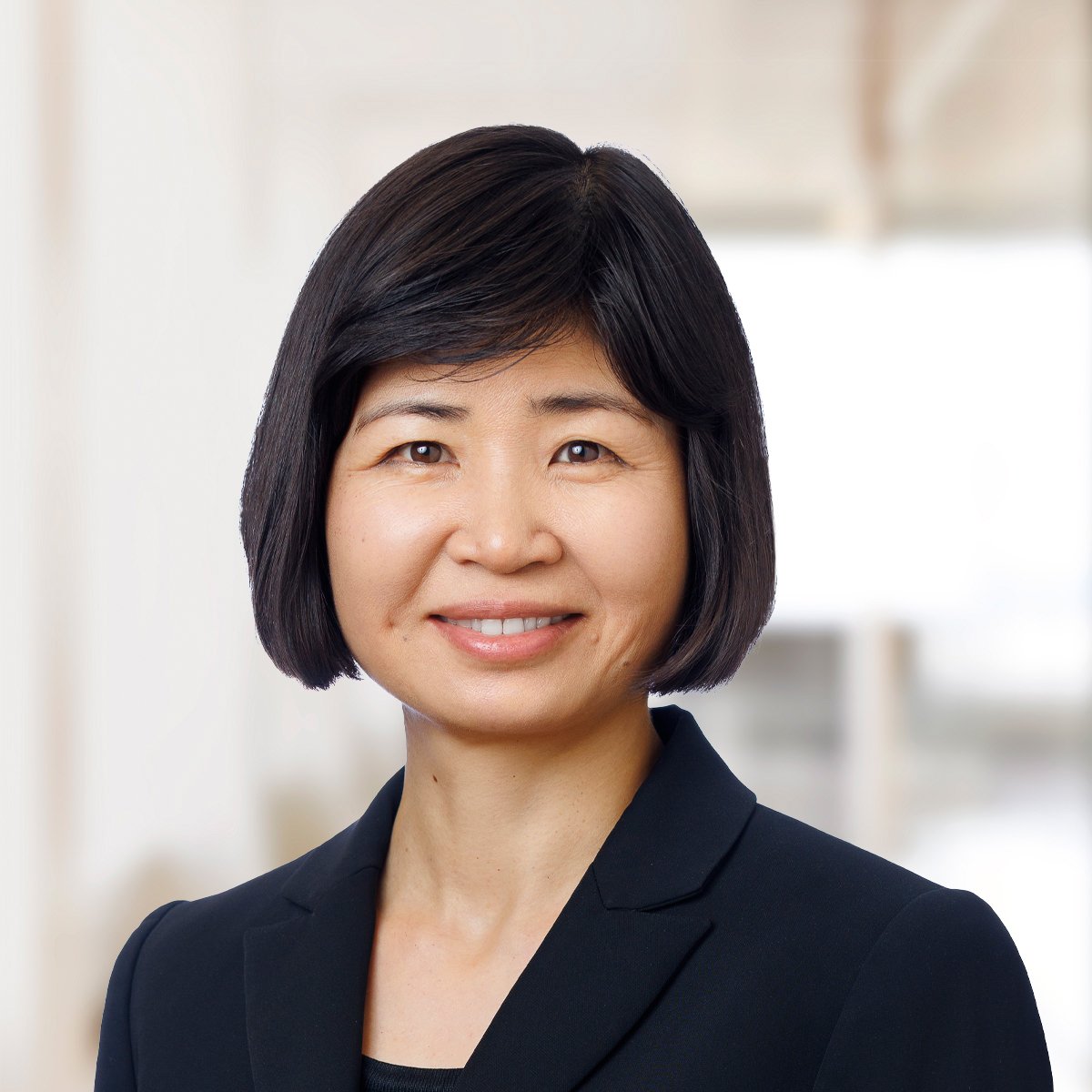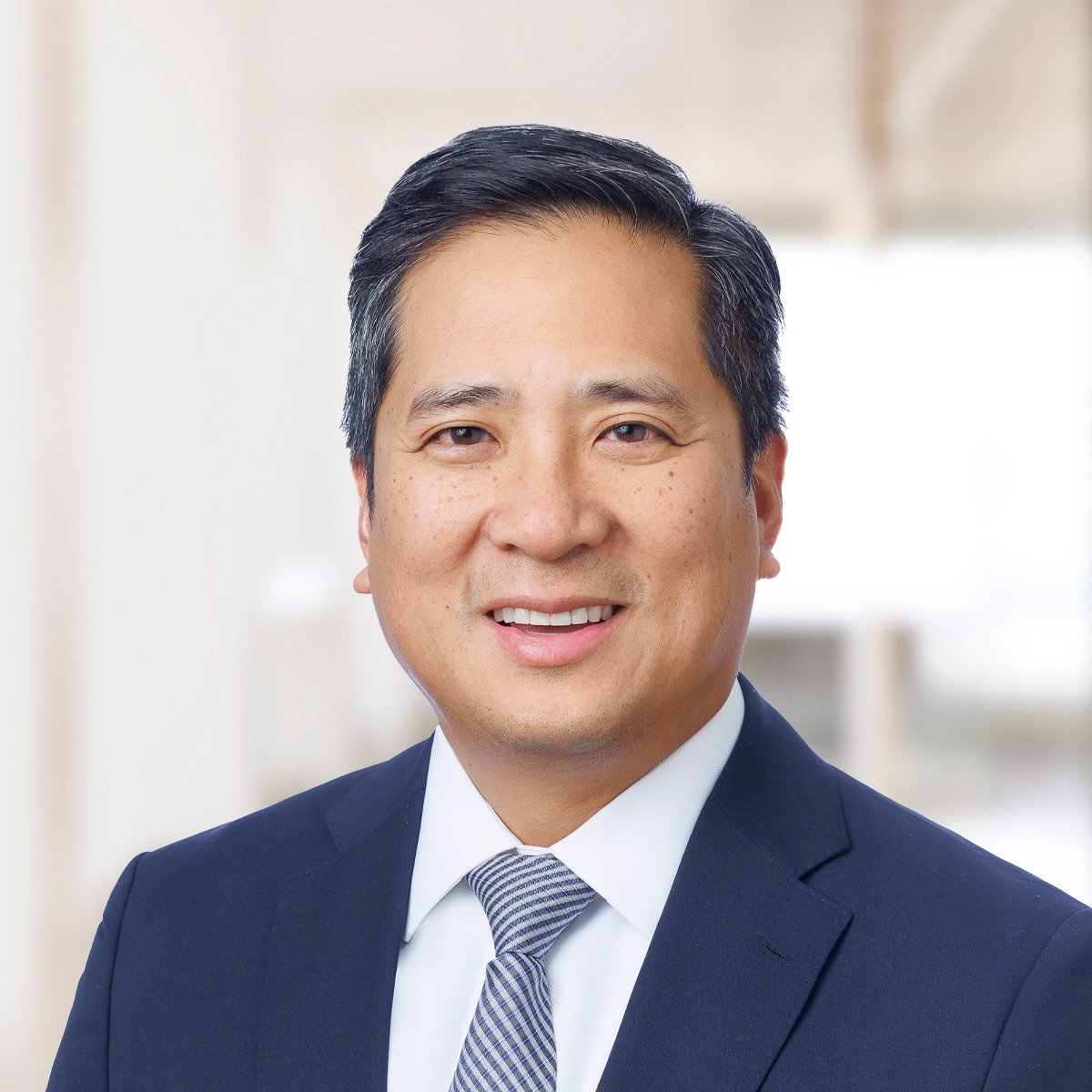International Growth Fund
Overview
The Baird Chautauqua International Growth Fund invests primarily in equity securities of non-U.S. companies with medium to large market capitalizations (i.e., those with market capitalizations in excess of U.S. $5 billion at the time of purchase). Equity securities in which the Fund may invest include common stocks, preferred stocks, depository shares and receipts, rights, warrants and exchange-traded funds (ETFs). Under normal market conditions, the Fund will invest at least 65% of its total assets at the time of purchase in non-U.S. companies. The Fund will normally be diversified among at least three countries other than the United States. The Fund invests primarily in developed markets but may invest in emerging and less developed markets. In evaluating potential investments, the advisor considers companies with growth characteristics that the advisor believes are likely to benefit from current macroeconomic and global trends and sustainable competitive advantages. The Fund will normally hold a concentrated number (generally 25 to 35) of companies.
Awards
Morningstar Medalist RatingTM

Analyst-Driven %: 100%
Data Coverage %: 100%
The Baird Chautauqua International Growth Fund (Institutional Class) received a Silver Morningstar Medalist Rating.™ The Fund’s Investor Share Class received a Bronze Morningstar Medalist Rating.™

Long-term investors should consider the potential benefits of maintaining an allocation to international equities.
Performance
| 1 Month | 3 Month | YTD | 1 Year | 3 Years | 5 Years | Since Inception | |
|---|---|---|---|---|---|---|---|
| International Growth Fund | 1.08 | 0.18 | 19.47 | 19.47 | 14.44 | 5.65 | 10.00 |
| MSCI AC World Index ex-U.S. | 3.00 | 5.05 | 32.39 | 32.39 | 17.33 | 7.91 | 8.52 |
Morningstar Ratings
| Category | Overall | 3 Year | 5 Year | |
|---|---|---|---|---|
| International Growth Fund | Foreign Large Growth |
(371 funds)
|
(371 funds)
|
(338 funds)
|
Distributions
| Type | Record Date | Reinvest Date | Payable Date | Amount per Share ($) | Reinvest Price ($) |
|---|---|---|---|---|---|
| Income | 12/26/2025 | 12/29/2025 | 12/30/2025 | 0.18055353 | 22.35 |
| Short Term Capital Gain | 12/12/2025 | 12/15/2025 | 12/16/2025 | 0.20676000 | 22.26 |
| Long Term Capital Gain | 12/12/2025 | 12/15/2025 | 12/16/2025 | 0.03358000 | 22.26 |
Portfolio Characteristics
| Security | % of Fund |
|---|---|
| Prosus N.V. | 4.75% |
| BeOne Medicines Ltd. | 4.71% |
| Taiwan Semiconductor | 4.39% |
| Alibaba Group Holding Limited | 4.24% |
| Safran SA | 4.19% |
| DBS Group Holdings Ltd. | 4.05% |
| ASML Holding N.V. | 3.97% |
| Sea Limited | 3.93% |
| Waste Connections, Inc. | 3.92% |
| Suzuki Motor Corp. | 3.69% |


